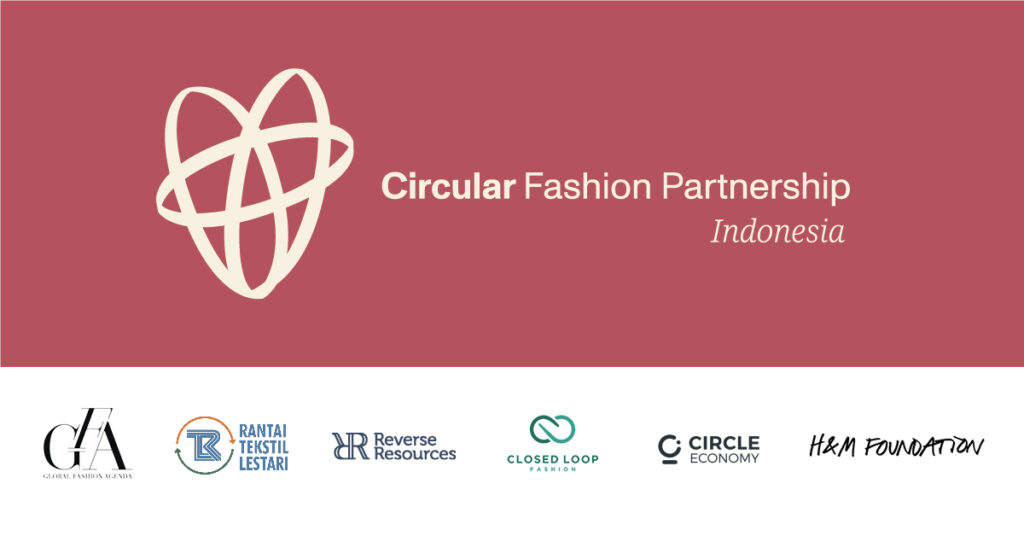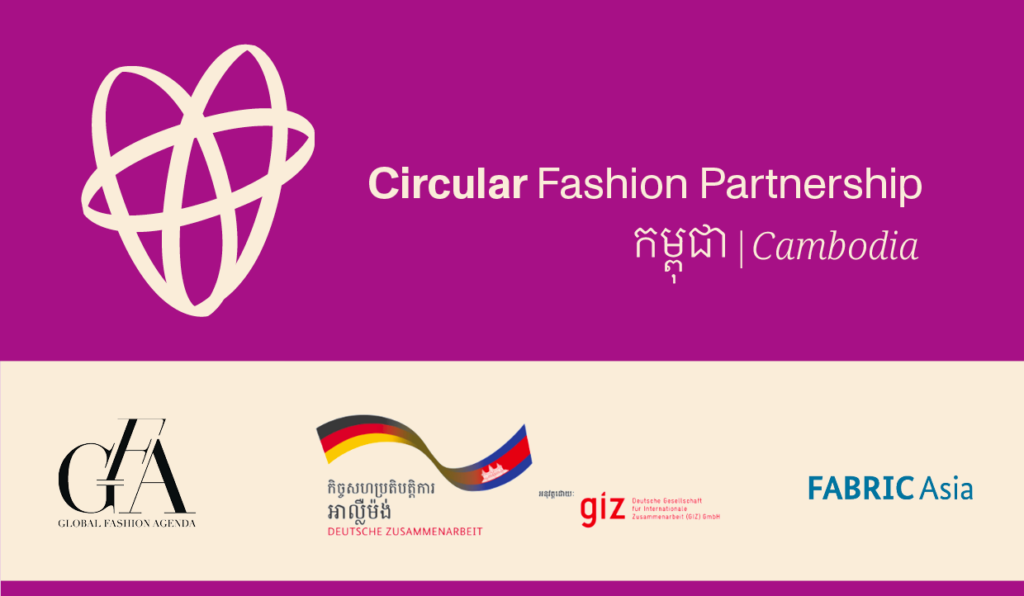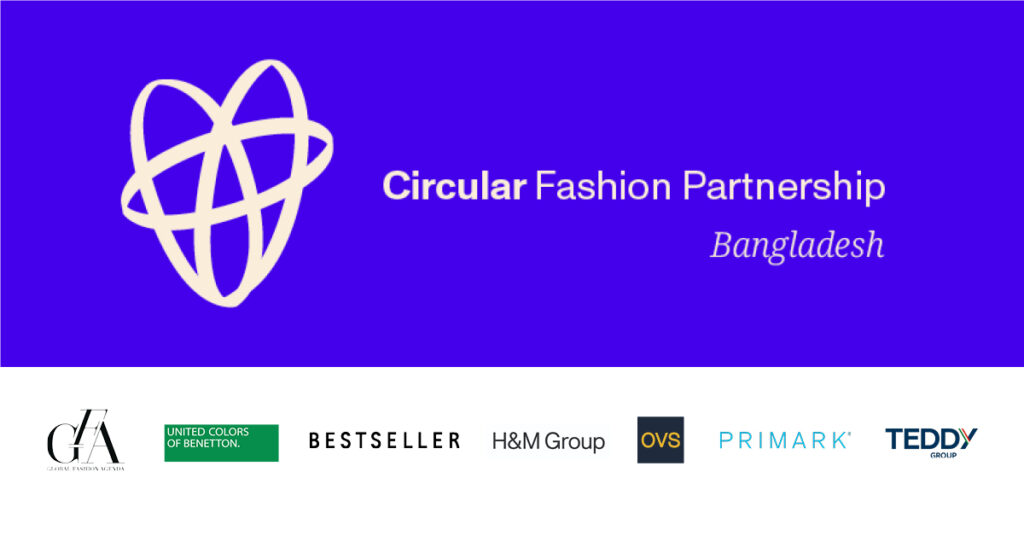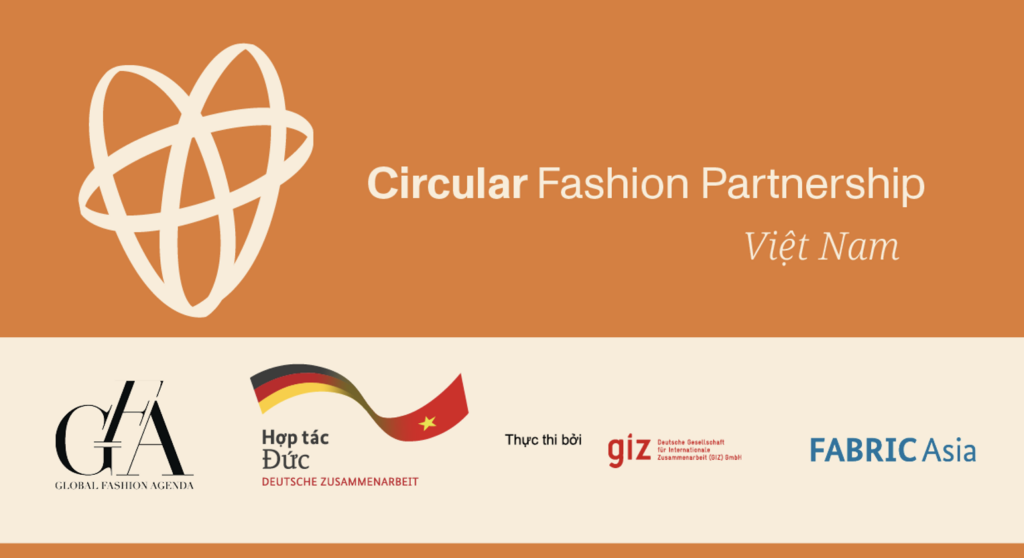Global Circular Fashion Forum: Annual Exchange on Upstream Circularity


On 11 December 2024, Global Fashion Agenda hosted the digital Global Circular Fashion Forum: Annual Exchange on Upstream Circularity, bringing together industry leaders, policymakers, and experts from around the world. The event explored key challenges and opportunities for advancing upstream circularity in garment manufacturing countries.
The event opened with a keynote address from Christiane Dolva Törnberg, Head of Innovation, Research and Demonstration at the H&M Foundation, who reflected on the zeitgeist of the textile industry. She highlighted the paradoxes that define the industry today—such as sustainability versus ultra-fast fashion and ambition versus reality—emphasising how these contradictions can catalyse innovation and progress.
Attendees gained a comprehensive overview of forthcoming circularity legislation and its implications for key regions, including Vietnam, Cambodia, Indonesia, and Bangladesh. In her address, Marta Inchausti Moya, GFA’s Public Affairs Manager, outlined how these policies are reshaping the industry and provided actionable guidance for compliance and collaboration across supply chains.
Edwin Keh, Steering Committee member and Advisor at the Hong Kong Research Institute of Textiles and Apparel, highlighted the GCFF’s mission to foster collaboration and scale recycling infrastructure. He emphasised the importance of multi-stakeholder partnerships in creating effective national systems that benefit both global brands and local manufacturing countries.
The event’s second segment featured in-depth breakout sessions tailored to each of the four focus countries. These sessions provided participants with an opportunity to engage with local stakeholders, explore country-specific challenges, and identify pathways for scaling circularity through knowledge exchange and targeted initiatives.
 The breakout session on Indonesia brought together key stakeholders to discuss the country’s circular economy strategy and its potential to lead sustainable transformation in the textile sector. The session featured insights from Amalia Adininggar from the Ministry of National Development Planning (Bappenas), Basri Kamboa from Rantai Textile Lestari, and Marina Chahboune from Closed Loop Fashion, and was moderated by Sonia Hylling from Global Fashion Agenda. Together, they explored opportunities, challenges, and actionable strategies for advancing circularity while leveraging Indonesia’s strengths as one of the world’s largest textile producers and exporters.
The breakout session on Indonesia brought together key stakeholders to discuss the country’s circular economy strategy and its potential to lead sustainable transformation in the textile sector. The session featured insights from Amalia Adininggar from the Ministry of National Development Planning (Bappenas), Basri Kamboa from Rantai Textile Lestari, and Marina Chahboune from Closed Loop Fashion, and was moderated by Sonia Hylling from Global Fashion Agenda. Together, they explored opportunities, challenges, and actionable strategies for advancing circularity while leveraging Indonesia’s strengths as one of the world’s largest textile producers and exporters.
Key insights from the session included:
For further information on the Circular Fashion Partnership you can reach out to Sonia Hylling (sonia@globalfashionagenda.org).

The breakout session on Cambodia explored the milestones achieved during the pilot project and the opportunities for scaling circularity in the textile sector. The session featured insights from Sokchea Lay from GIZ Cambodia, Owen Su from HUMBLE APPAREL MANUFACTURING, Kristin Sommer from GIZ Cambodia, and Phoebe Nguyễn from Primark, and was moderated by Camilla Morandi from Global Fashion Agenda.
Key insights from the session included:
For further information on the Circular Fashion Partnership, you can reach out to Camilla Morandi (camilla@globalfashionagenda.org).
 The breakout session on Bangladesh brought together key stakeholders to discuss the country’s leadership potential in circular textile systems and explore pathways to address existing challenges. Moderated by Sonia Hylling from Global Fashion Agenda, the session featured insights from Mark Draeck from UNIDO, Vidya Amrit Khan from BGMEA, Alexander Granberg from BESTSELLER, and Nin Castle from Reverse Resources.
The breakout session on Bangladesh brought together key stakeholders to discuss the country’s leadership potential in circular textile systems and explore pathways to address existing challenges. Moderated by Sonia Hylling from Global Fashion Agenda, the session featured insights from Mark Draeck from UNIDO, Vidya Amrit Khan from BGMEA, Alexander Granberg from BESTSELLER, and Nin Castle from Reverse Resources.
Key insights from the session included:
For further information on the Circular Fashion Partnership, you can reach out to Sonia Hylling (sonia@globalfashionagenda.org).

The breakout session on Vietnam delved into the country’s progress and opportunities in advancing circularity within the textile and garment industries. Moderated by Camilla Morandi from Global Fashion Agenda, the session featured insights from Dr. Quan Nguyễn Hồng from Vietnam National University, Institute for Circular Economy Development, Cornelius Wolf from PUMA, Stina Billinger from Syre, and Mira Nagy from GIZ Vietnam, who discussed Vietnam’s unique position as a major textile producer and its aspirations for transitioning toward a circular economy.
Key insights from the session included:
For further information on the Circular Fashion Partnership, you can reach out to Camilla Morandi (camilla@globalfashionagenda.org).
We are pleased to announce that Deloitte Global and Global Fashion Agenda have established a strategic Knowledge Collaboration – to help set the global agenda on sustainability in fashion, raise awareness, educate, convene and foster innovation.